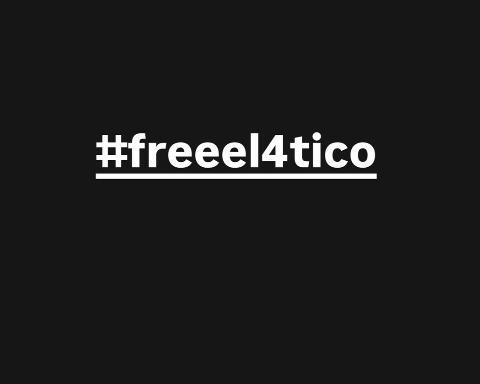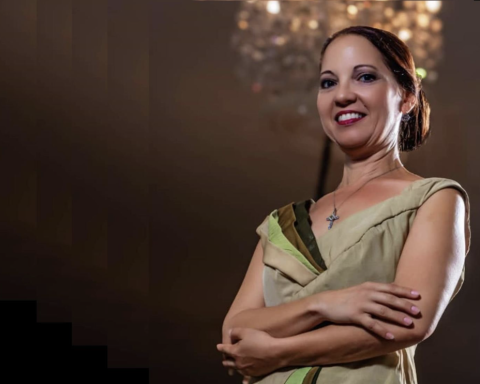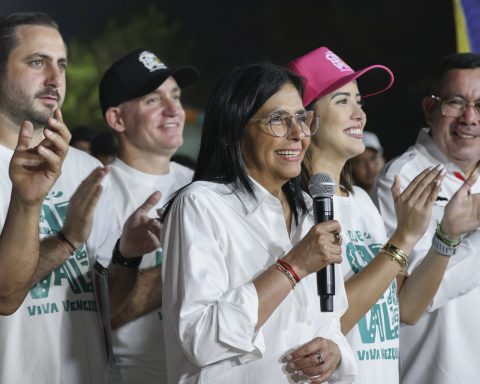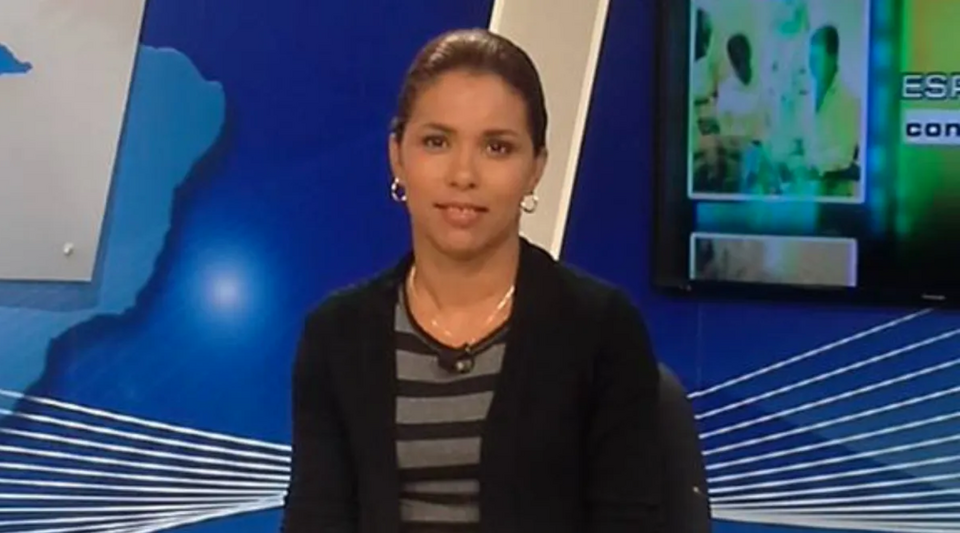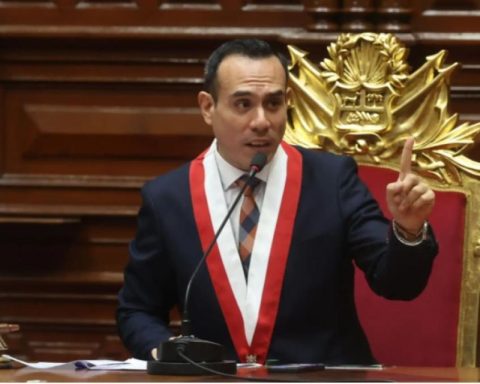The legislature appointed the 59-year-old former head of government the day before, the only candidate after the withdrawal of his rival, businessman Khaled Al Bibas.
However, Dbeibah, who hours before escaped unharmed from an assassination attempt in this capital, refused to hand over power by pointing out that his mandate expires with the presidential elections, with no date scheduled after its postponement in December last year.
Both politicians presented their candidacies for those elections and already collided in February 2021 in their struggle to lead the Interim Government of National Unity (GNU), a battle that Dbeibah won.
While the legislature ensures that Dbeibah’s mandate expired on December 24, the date originally chosen to hold the elections, the Forum for Political Dialogue in Libya, which brings together 75 officials from various parts of the country, extended its powers for 18 months.
In the midst of this situation, various actors positioned themselves in favor of one or another contender.
While the UN supported Dbeibah, in Libya the spokesman for the Armed Forces, General Ahmed Al-Mismari, welcomed the election of his rival, as did several mayors in the west of the country.
This nation has been experiencing a spiral of violence since the overthrow of Muammar Gaddafi in 2011, after a war supported by members of the North Atlantic Treaty Organization, including the United States, France and the United Kingdom.
Under the auspices of the UN, 75 Libyan delegates representing various factions and territories, elected the transitional government last February, in charge of leading the country until the presidential elections are held.
acl/rob

